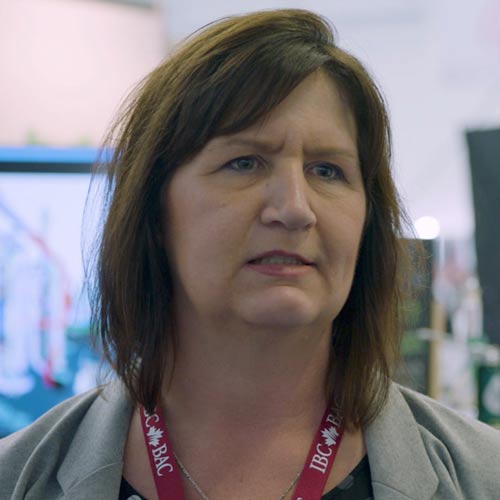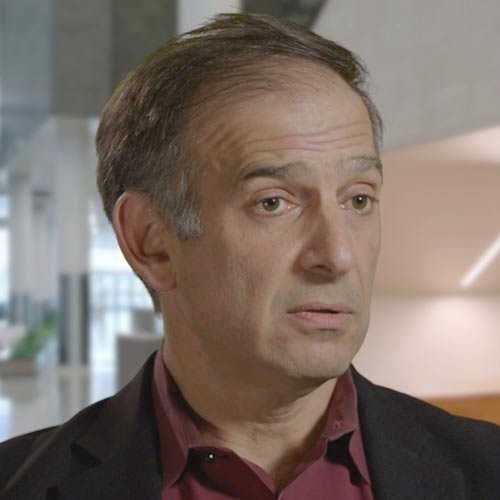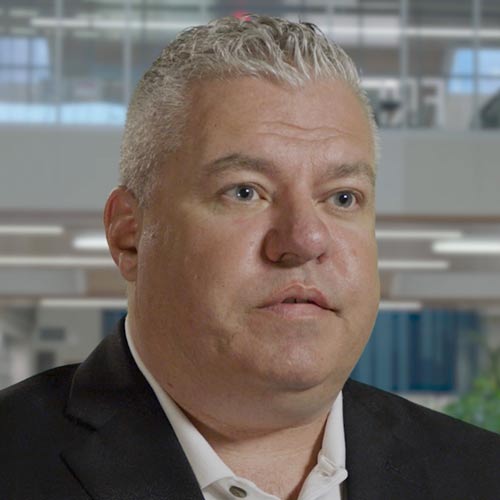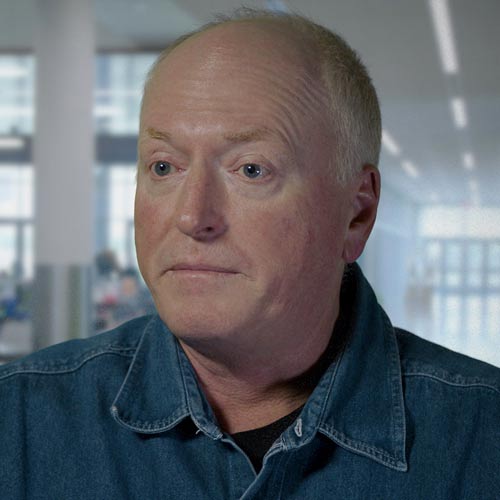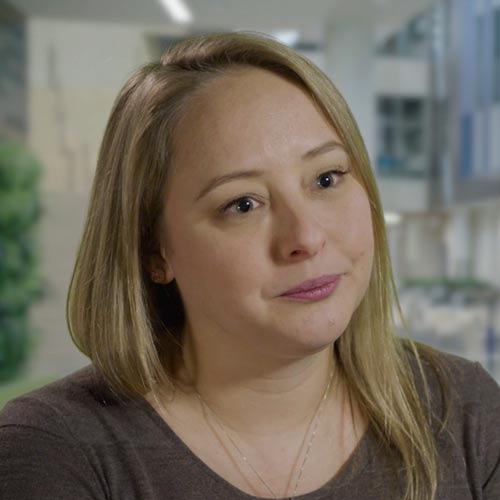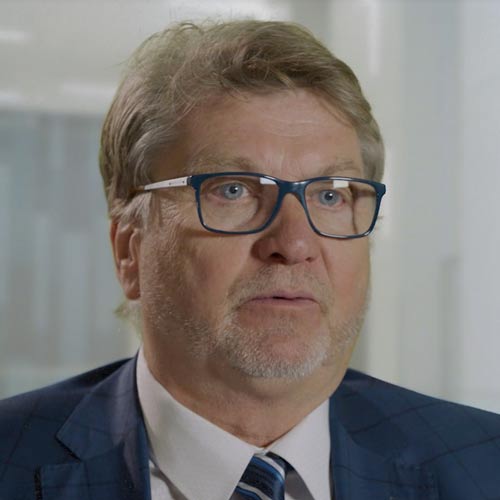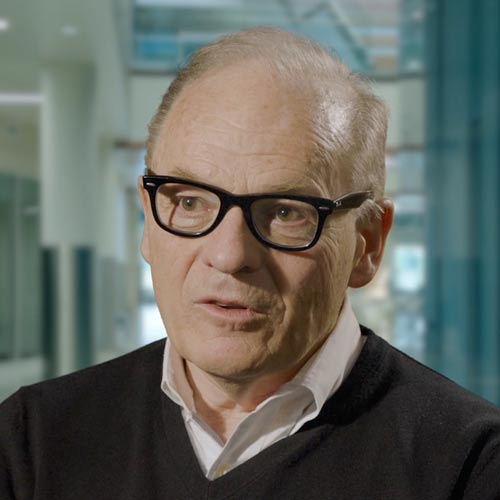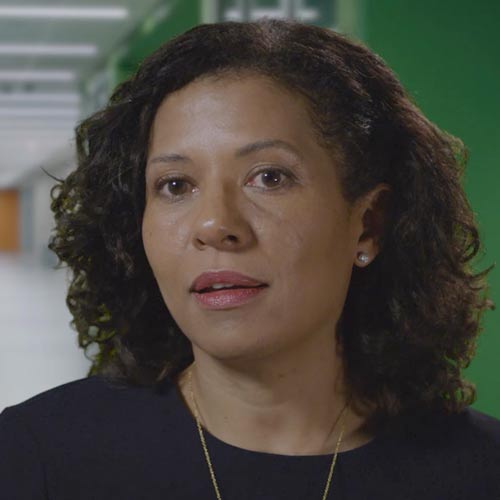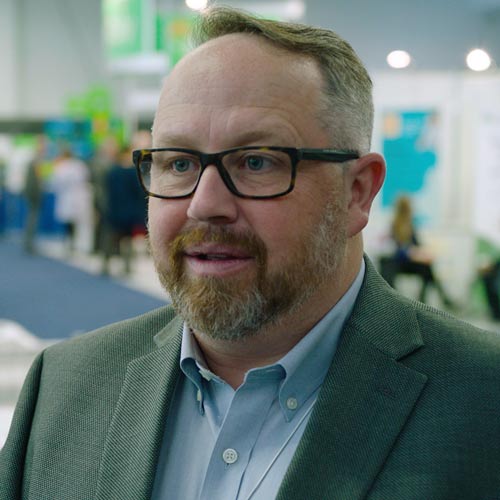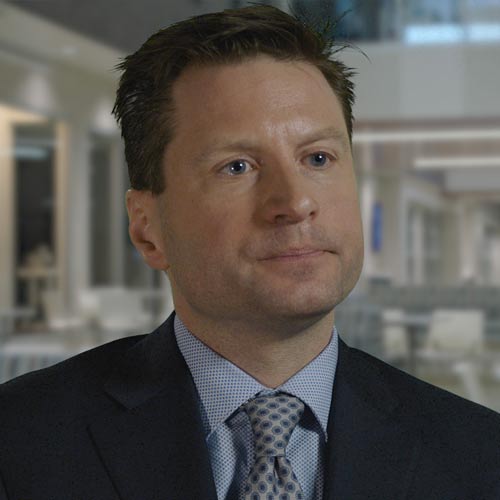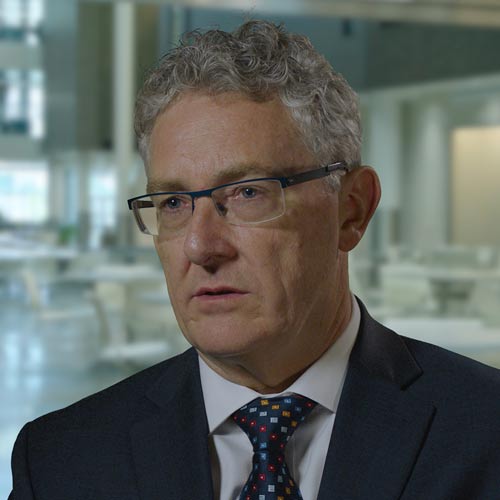Our future, our planet, our jobs: CCUS and Clean Hydrogen
Technologies like carbon capture, use and storage (CCUS or CCS) and clean hydrogen developments are the climate change solutions that can truly reduce carbon dioxide emissions, preserve jobs, economies and social stability - and provide for reliable energy production. CCUS and Hydrogen technologies make it possible to continue moving our scientific and communal advancements forward as other climate change solutions are explored. Watch our latest video on Hydrogen Naturally's Bright Green™ Hydrogen project. And see our video "CCUS: Bridge to a Cleaner Energy Future" to learn more in depth about how CCUS and why it's a vital part of climate change solutions.


